A lot of people may have had to cancel their plans on Saturday due to the inclement weather, but not us. And clearly, not the Social Innovation Challenge (SIC) participants, who despite the heavy rain in the morning, gamely attended the final day of the SIC workshop before they all take on the actual challenge of nation-building.
Even with the gloomy weather in the background, Janice Jarmin and Iñigo Paolo Lagunilla of iVolunteer lit up the mood early by starting with a fun game of charades that ended with a decisive victory by Team Bel (Bel, Cynthia, Justin, William, Gelo, and Bel), whose prize is a written shout out here at our blog.
Executive Director of iVolunteer, JB Tan, who led the other team (Bettina, Lawrence, Ethel, Jasmine, and Bel) to a crushing ‘charades’ defeat, meanwhile, welcomed the participants with a short message congratulating and thanking them for taking part in iVolunteer Philippines’ first-ever SIC. From there, we all went straight to business.

Making the pitch perfect
Judith Apolinario, Associate Director for Volunteer Engagement and Branding led the morning session to help innovators prepare for their much-anticipated pitch that was slated to close the day. She highlighted some key points for effective communication, before guiding the group on how they can share and articulate their ideas better. The two-hour discussion also touched on the do’s and don’ts when speaking in front of a panel as well as tips on how to get everyone’s attention during the key moments of their pitch.
After the discussion, the innovators were given time to review their presentation and consider minor adjustments. The final workshop for this chapter of the SIC proved critical since each innovator only had five minutes to deliver their social idea and sell the benefits of their projects to the betterment of the society.

Delivering their pitch for the first time
In the afternoon, the seven innovators were finally put to the test in front of a game and esteemed panel that featured Arianne Munar of Globe, Clarie Aguilar of The Coffee Bean and Tea Leaf, Cris Ngo of Phinma and Vonn and Aviec from the Metrobank Foundation.
The presentation started with Mike Fua, a mental health advocate, who described the current mental health care system as inadequate, unaffordable, and inaccessible. He promoted FirstHelp, which aims to provide basic mental health care by decentralizing it through FirstHelp responders, mainly composed of the youth sector who are susceptible to mental conditions and would also likely benefit from the project itself. Following him was Ethel De Borja, who wanted to create a support system for traumatized kids who violently or abruptly lost their parents. She shared her volunteer journey and how she became attached to her advocacy, before she emphasized that no young orphans should have to go through depression alone. She also highlighted the possible effects of mental health to children, which if not addressed, can cause a string of serious problems and hamper their growth. Before her pitch ended, Ethel asked the audience, “Kung hindi tayo kikilos? Kung hindi tayo kikibo, sino ang kikibo? Kung hindi ngayon, kailan pa?”
Lawrence Carandang shared his experience as a public school teacher, which made him aware of the challenges that students face when it came to comprehension and reading. He then introduced his project Aklatahanan (Aklatan sa Tahanan) which will look to address those issues by giving children the quality reading experience they deserve right within their community. He envisions having volunteer houses that’ll lend their front/back-yard to the cause by setting up mini-libraries featuring books that will come from donations. He championed that enjoyment can be a key to increased reading proficiency among children. With the implementation of the book borrowing system, together with the help of the families and household librarians, he believes that kids will find motivation to learn and develop an early passion to read.
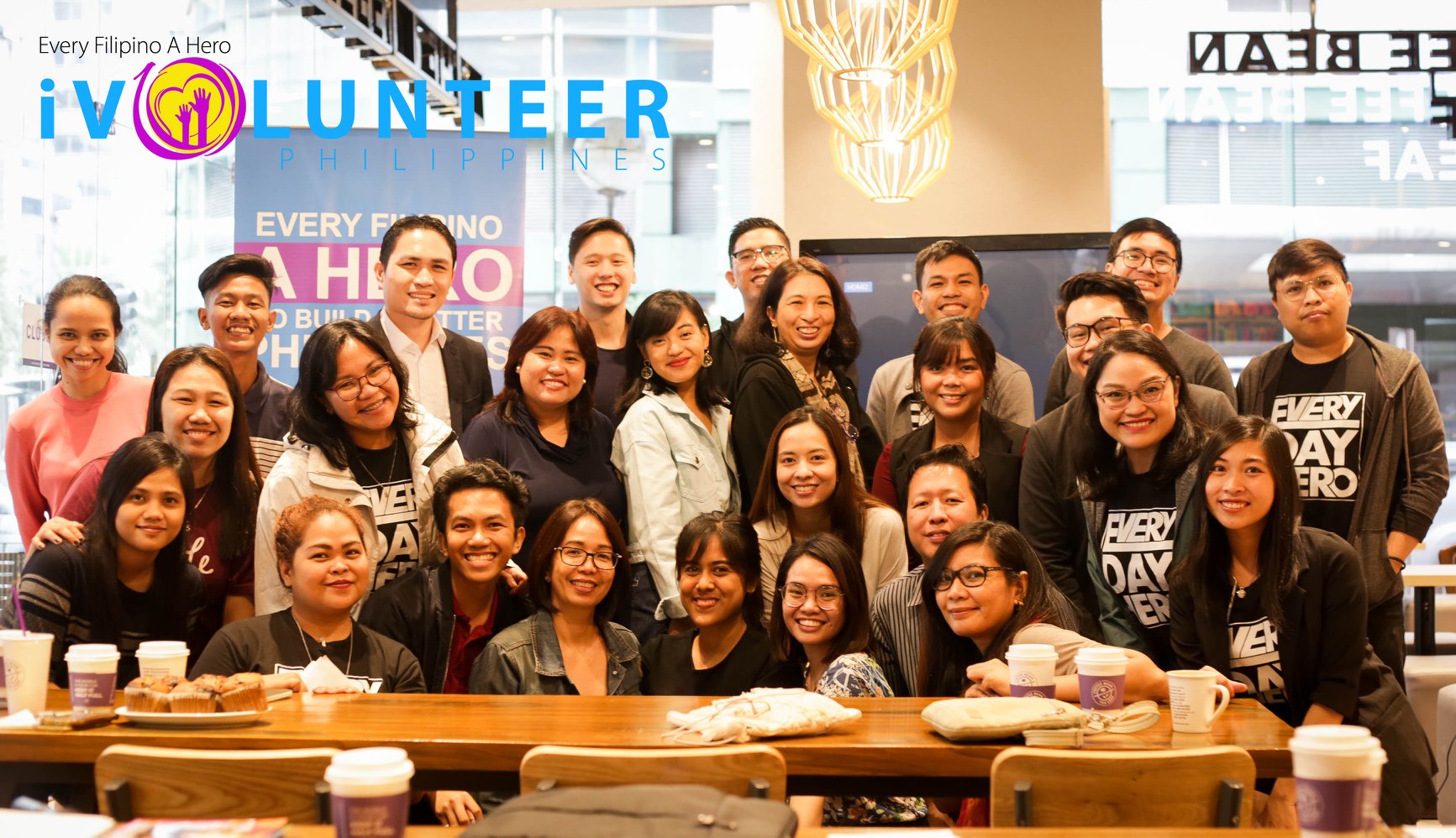
With her years of corporate and volunteering experience, Cynthia Huet proposed Project Dugtong-tulong, a way to help start-up NPO’s establish a professional culture and find strong connections within the social development sector. Her idea would also focus on empowering smaller organizations by connecting them to the right group of volunteers and advocacy partners. Justine Manalili, on the other hand, presented her innovation Project Pamana (Pananim Manahin Natin) that’s set to address environment and hunger problems through urban farming and modern waste management techniques. To kick things off, she intends to collaborate with her constituents at Brgy. Tabacalera in Pateros, then later on, introduce the project to other communities and organizations.
Bettina Malveda, an architect by profession, whose advocacy is to transform waste to assets and new spaces, introduced her project Urban Hero. She aims to convert transportation vehicles, particularly buses, into reusable spaces like houses, schools, libraries, and health facilities. She wants to make “Urban Trashformation” become a quality option in building a sustainable and environment-friendly community. William Chua, owing to his background in Civil Engineering, campaigned for what he called Resilient Housing. William proposed to build decent and affordable houses by introducing the stackable interlocking blocks or ‘ManilaBlocks‘ which are made from recycled goods and are cheaper than the usual construction materials. He wanted to use one household to showcase the technology and then replicate it in a bigger community that’s facing housing and spacing problems.
Ordinary people with extraordinary ideas
The panel took their time to give quality feedback to each innovator and even stayed for a bit show their support and build an early connection. After three weeks and five days of the Social Innovation Challenge, the seven individuals who took the challenge and wanted to make a difference, made their first attempt to form a partnership with some of the social development sector’s most respected contributors. In the process, they’ve also managed to identify how they can really play a part in nation-building.
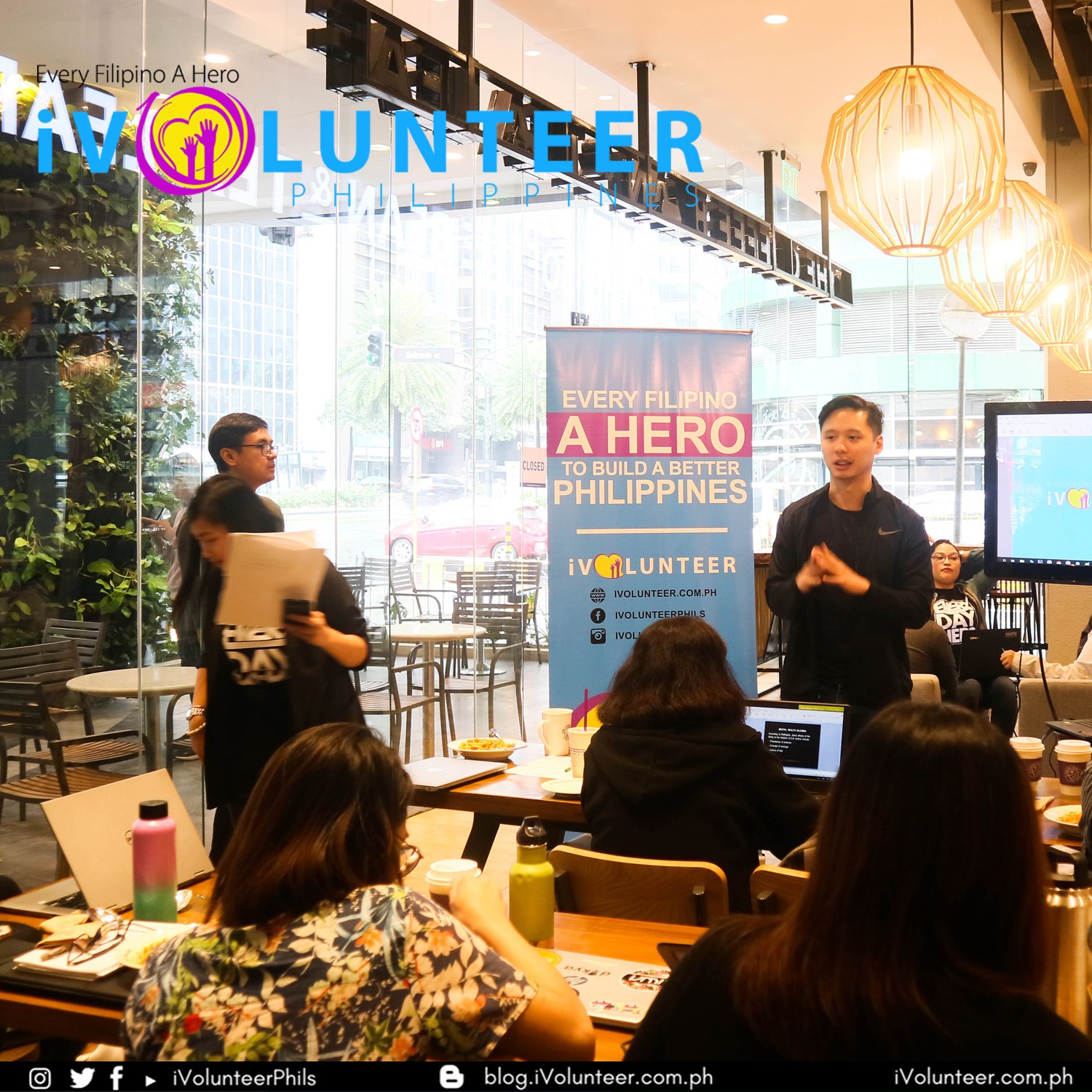
Before the event ended, JB Tan thanked everybody for sharing their ideas and going through the first part of the SIC. He also acknowledged the guests who gave their time to listen to the innovators and of course, CBTL and Globe who sponsored the event from day 1.
A surprise video recap was played to close the day and to summarize the first three weeks of the SIC workshop. Next up, the innovators will have time to implement their projects in the next six months, before they reconvene early next year for another set of workshops. iVolunteer Philippines, for its part, will lend our platform to the SIC participants and guide them as they try to make their social idea come to life.
Get your volunteering journey started
Like these innovators, you can start making a difference. Big or small, whatever you can give can cause a great impact to the society. Start volunteering now! Visit www.ivolunteer.com.ph to start your volunteer journey.
Photos by: Grace Manzano, iVolunteer Philippines.

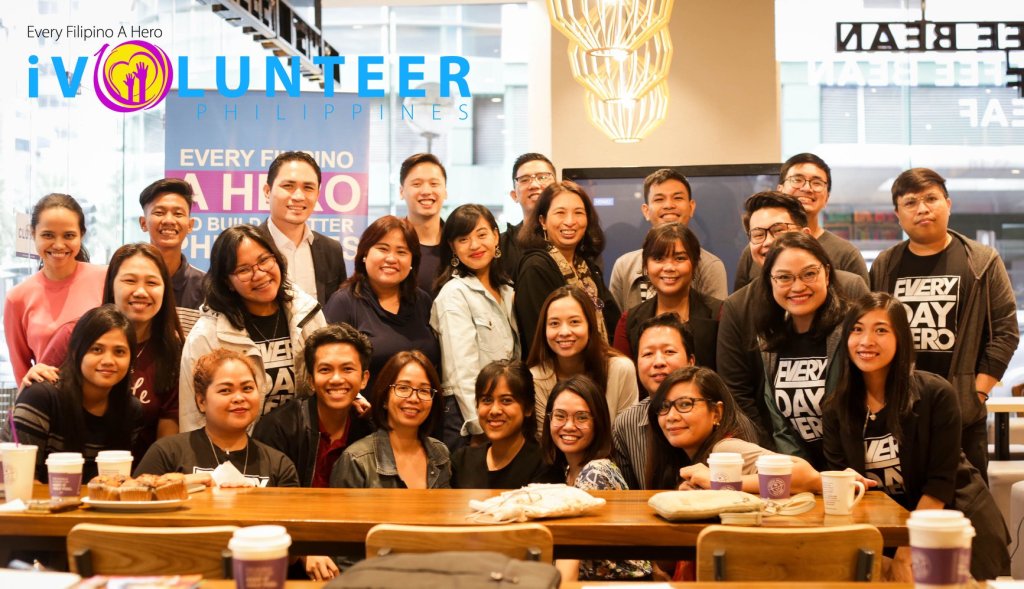
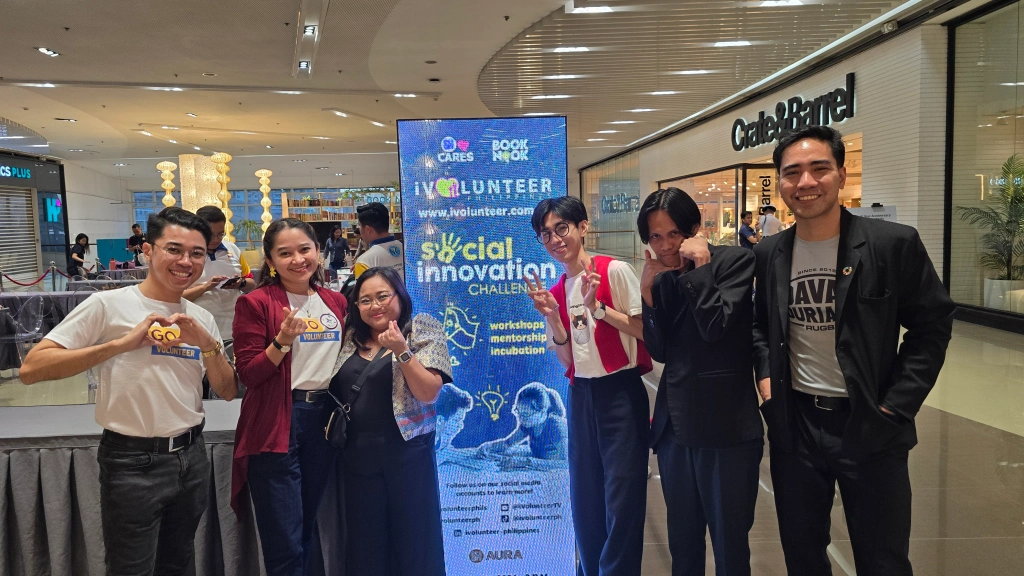
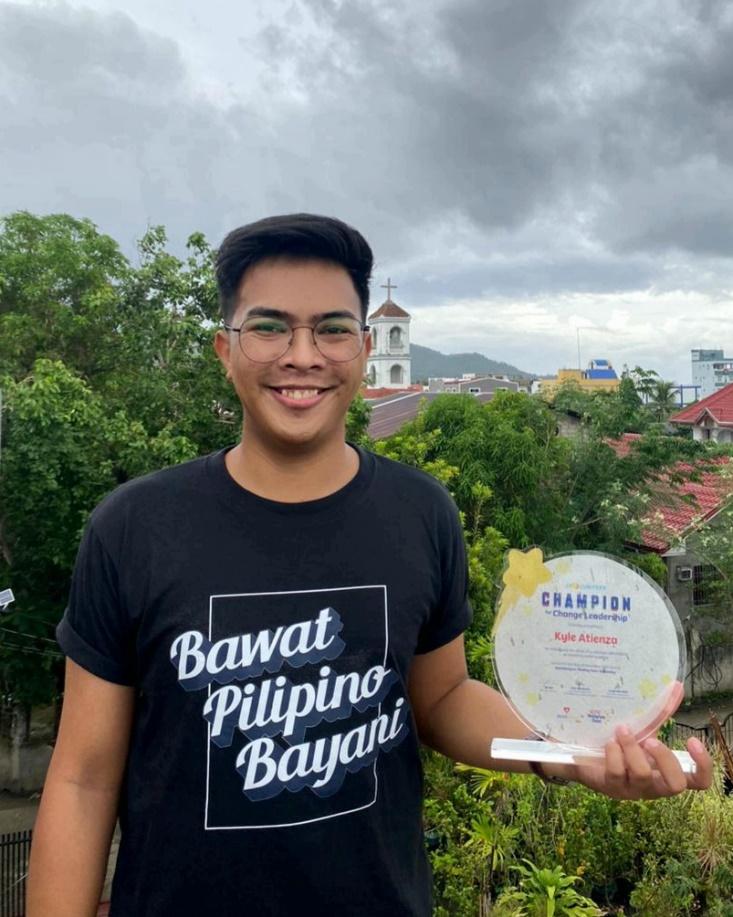
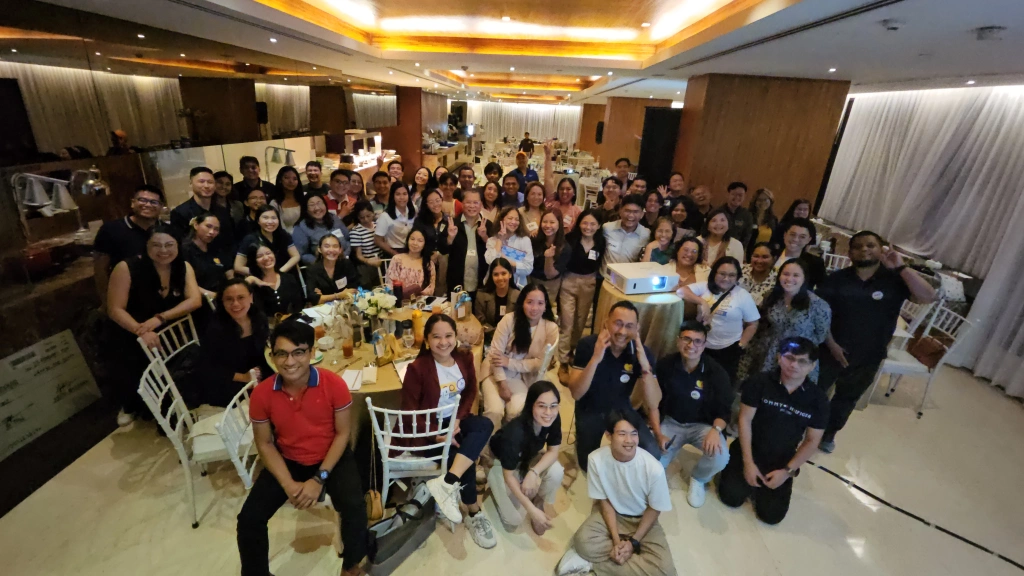
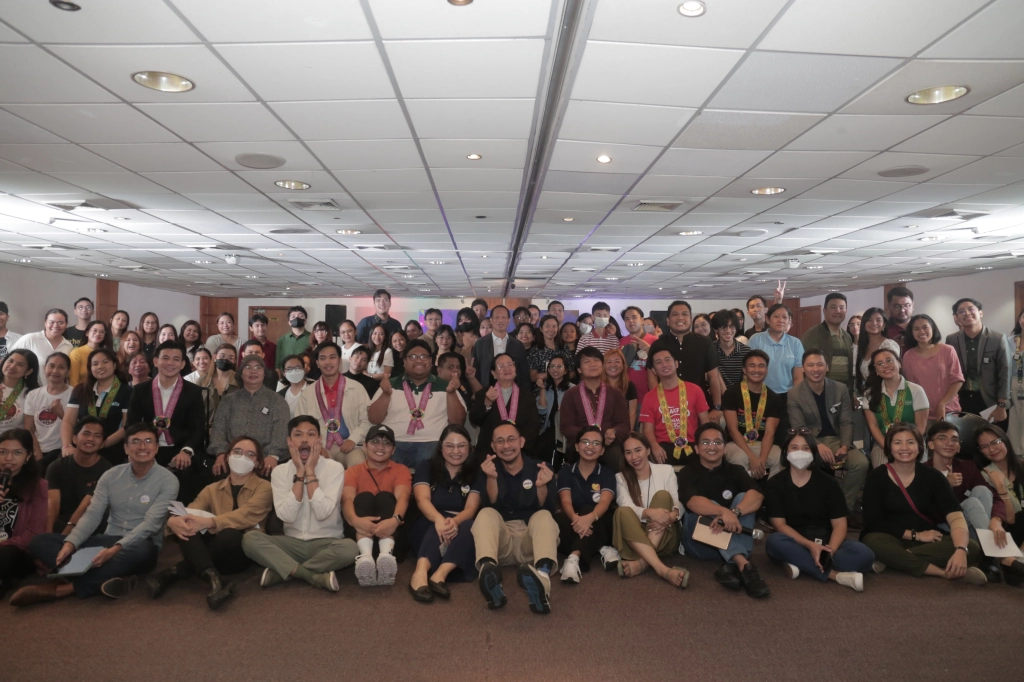
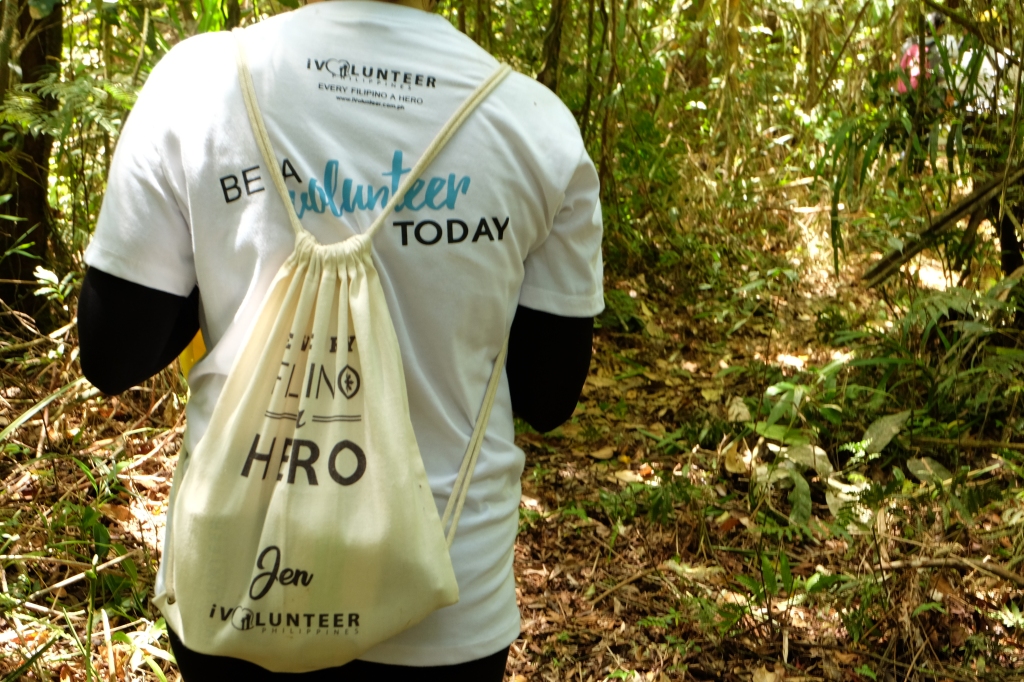
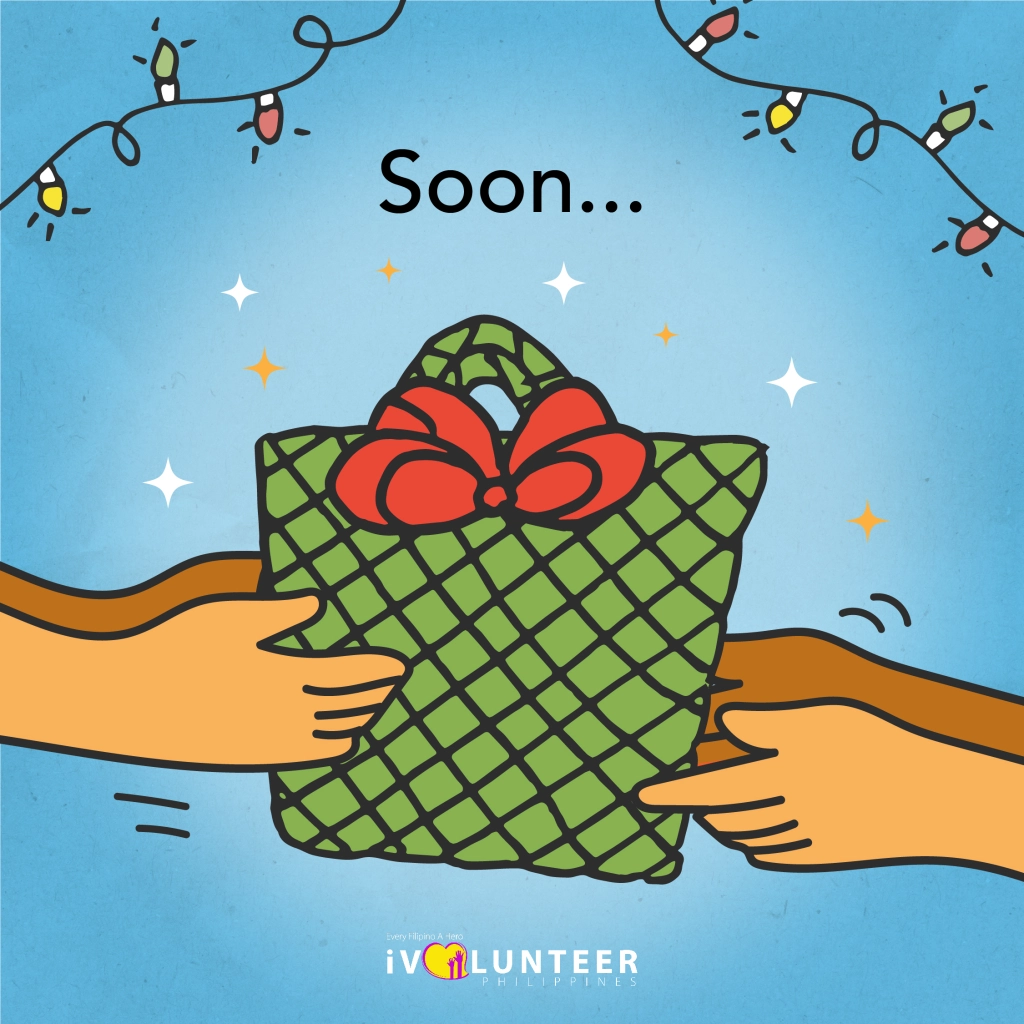
Leave a comment